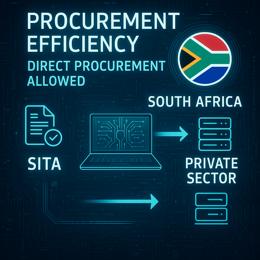Image: AI generated for illustration purposes
Western Cape Raises Concerns Over Unfunded Public Sector Pay Increase
In a recent development, the Democratic Alliance (DA)-led Western Cape government has formally raised an intergovernmental dispute with South Africa's national government. The core issue at the heart of this dispute is the government’s decision to implement a 7.5% increase in public sector pay—a decision that has notably not been backed with corresponding increases in the funding allocated to provinces. The Western Cape is determined to take a stand and seeks additional funding support from the National Treasury to manage this unbudgeted cost, which has caused a substantial rise in its wage expenditure.
The pay raise, which was not originally accounted for in provincial budgets, corresponds to a staggering R37.4 billion increase in state expenses. In the Western Cape alone, this policy has resulted in a sudden and significant increase of R2.9 billion in the annual wage bill. The decision to dispute the matter reflects the Western Cape’s position that the national government ought to provide financial support to cover the unexpected costs provinces now face due to this increase in pay.
The 7.5% pay rise came amidst already constrained fiscal conditions and has been a contributing factor to the broader fiscal squeeze faced by the government. This financial pressure has exacerbated the need for prudent fiscal management and intergovernmental cooperation, particularly in ensuring that such salary increments are sustainably managed across the different tiers of government.
The burden of covering the pay increase from existing provincial budgets without additional national funding support could potentially compromise other essential services and projects. Furthermore, it raises concerns about the long-term financial sustainability of South African provinces and the provision of public services.
This action by the Western Cape represents a broader call for fiscal responsibility and highlights the challenges of public sector wage management within the context of South Africa's intergovernmental fiscal framework. It also sparks a debate on the need for coherent policy-making that accounts for the full financial implications of decisions taken at the national level, especially when these decisions have direct impacts on provincial budgets.
Should the national government and Western Cape not reach a resolution, the matter may ultimately require mediation or even adjudication to address the disputed financial obligations. The outcome of this dispute will be crucial for setting precedents on how similar situations may be handled in the future and could influence intergovernmental budgetary relations across South Africa.
The Western Cape's move to declare an intergovernmental dispute is an attempt to align national government decisions with the financial realities and constraints faced at the provincial level. It is a call for a more balanced and equitable distribution of financial resources, which respects the autonomy of provincial governments and ensures that fiscal obligations are met without compromising service delivery to citizens.










